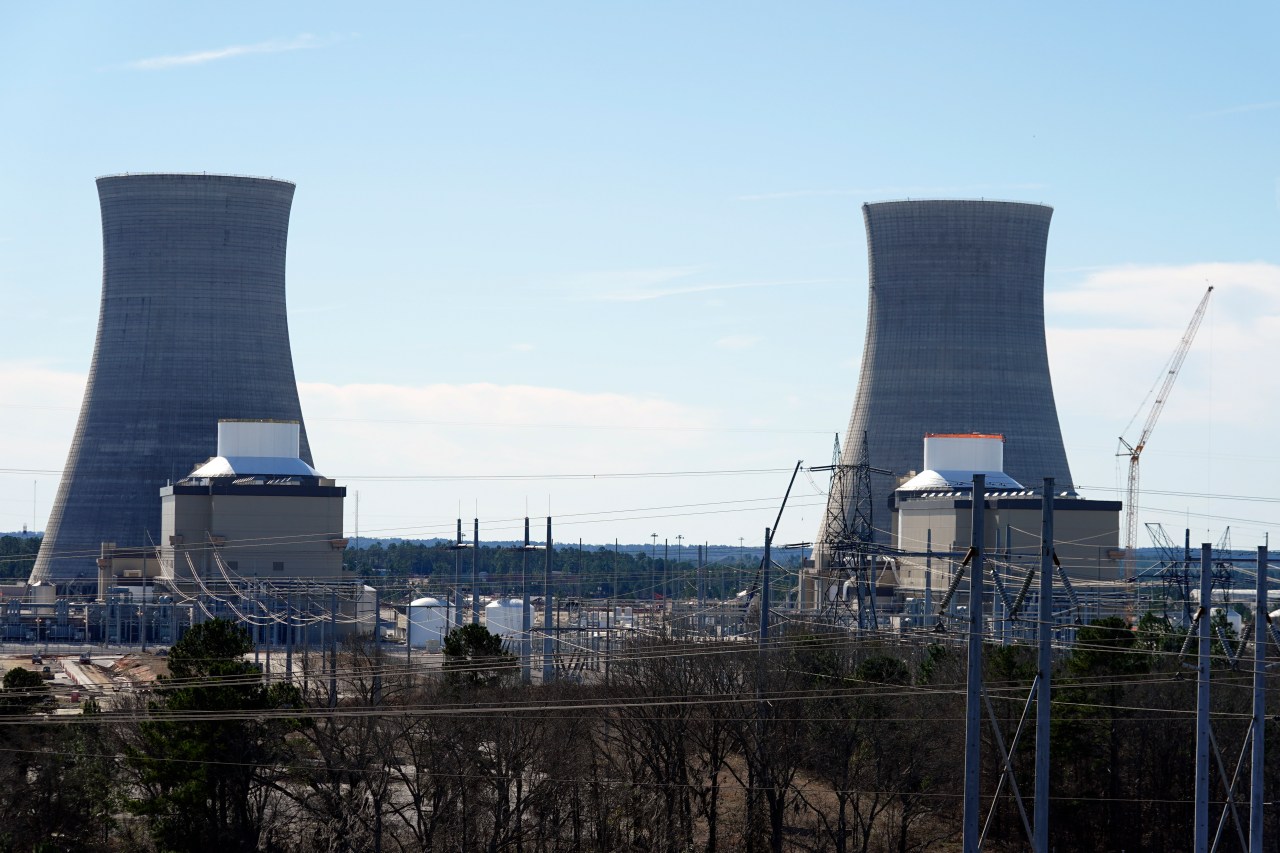Long overdue….
The House on Wednesday evening approved bipartisan legislation that aims to bolster nuclear energy.
The vote was 365-36, with one additional lawmaker voting present.
The legislation aims to bolster the U.S.’s nuclear energy production by speeding up environmental reviews for new nuclear reactors and reducing fees that applicants for advanced nuclear reactor licenses must pay.
It would also extend a law that limits the industry’s legal liability for nuclear accidents by 40 years.
The bipartisan legislation was sponsored by Reps. Jeff Duncan (R-S.C.) and Diana DeGette (D-Colo.).
While it has bipartisan support in the House, it’s unclear whether the bill will advance in its current form, as the Senate has its own nuclear energy bill.
Both bills have bipartisan support and reports have indicated that both chambers have been in talks on how to reconcile the legislation

The House on Wednesday evening approved bipartisan legislation that aims to bolster nuclear energy.
The vote was 365-36, with one additional lawmaker voting present.
The legislation aims to bolster the U.S.’s nuclear energy production by speeding up environmental reviews for new nuclear reactors and reducing fees that applicants for advanced nuclear reactor licenses must pay.
It would also extend a law that limits the industry’s legal liability for nuclear accidents by 40 years.
The bipartisan legislation was sponsored by Reps. Jeff Duncan (R-S.C.) and Diana DeGette (D-Colo.).
While it has bipartisan support in the House, it’s unclear whether the bill will advance in its current form, as the Senate has its own nuclear energy bill.
Both bills have bipartisan support and reports have indicated that both chambers have been in talks on how to reconcile the legislation

House approves bipartisan bill aimed at bolstering nuclear energy
The House on Wednesday evening approved bipartisan legislation that aims to bolster nuclear energy. The vote was 365-36, with one additional lawmaker voting present. The legislation aims to bolster…
thehill.com


